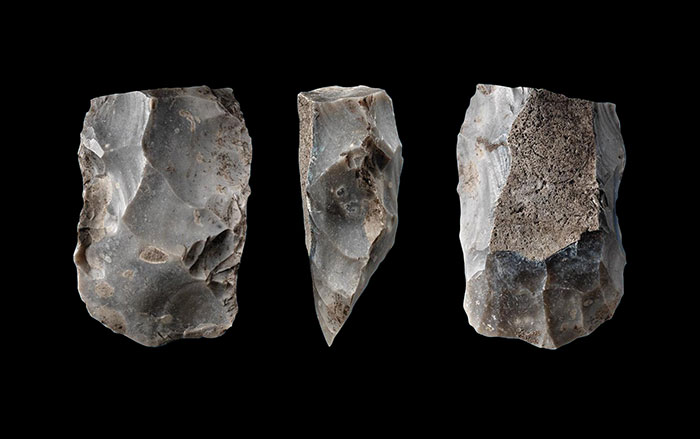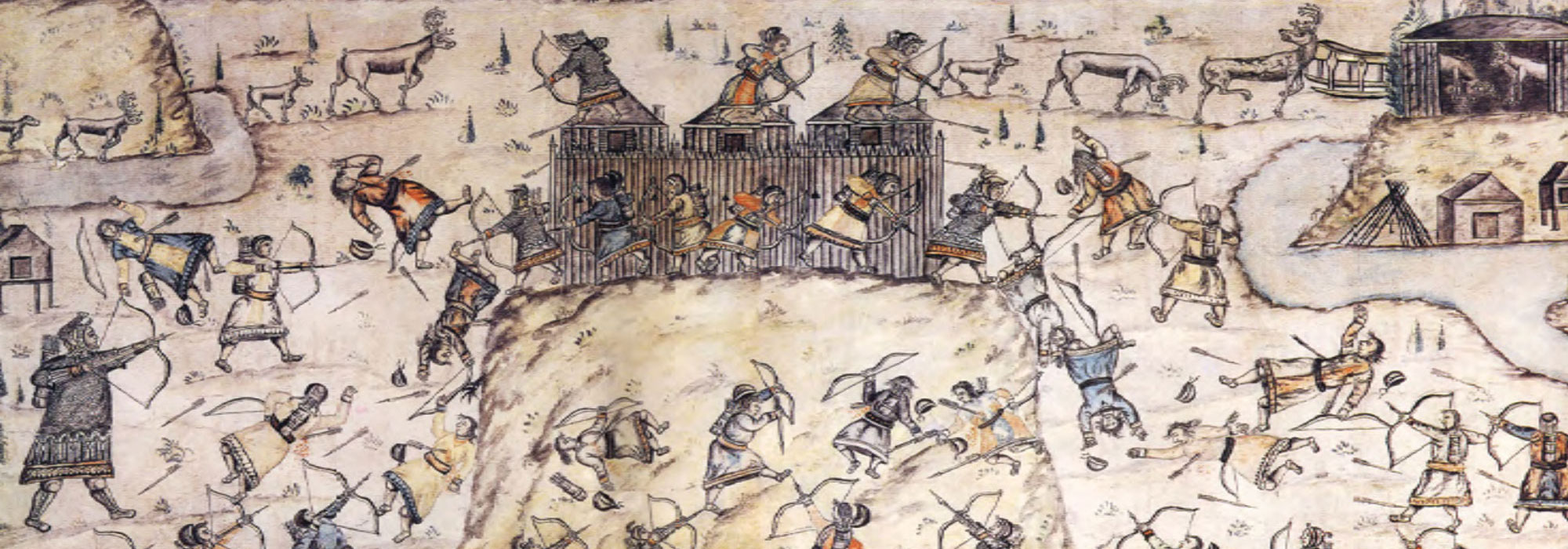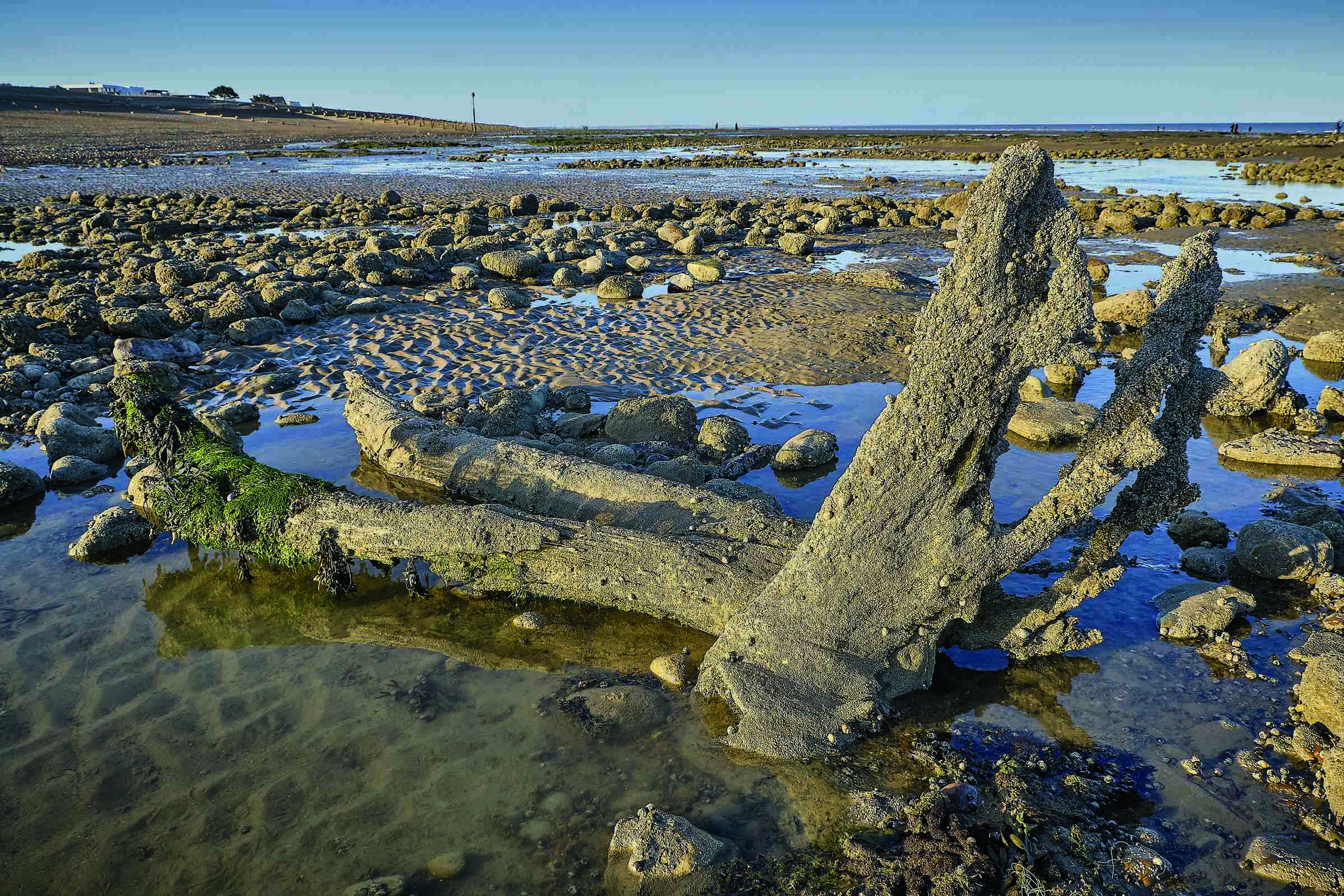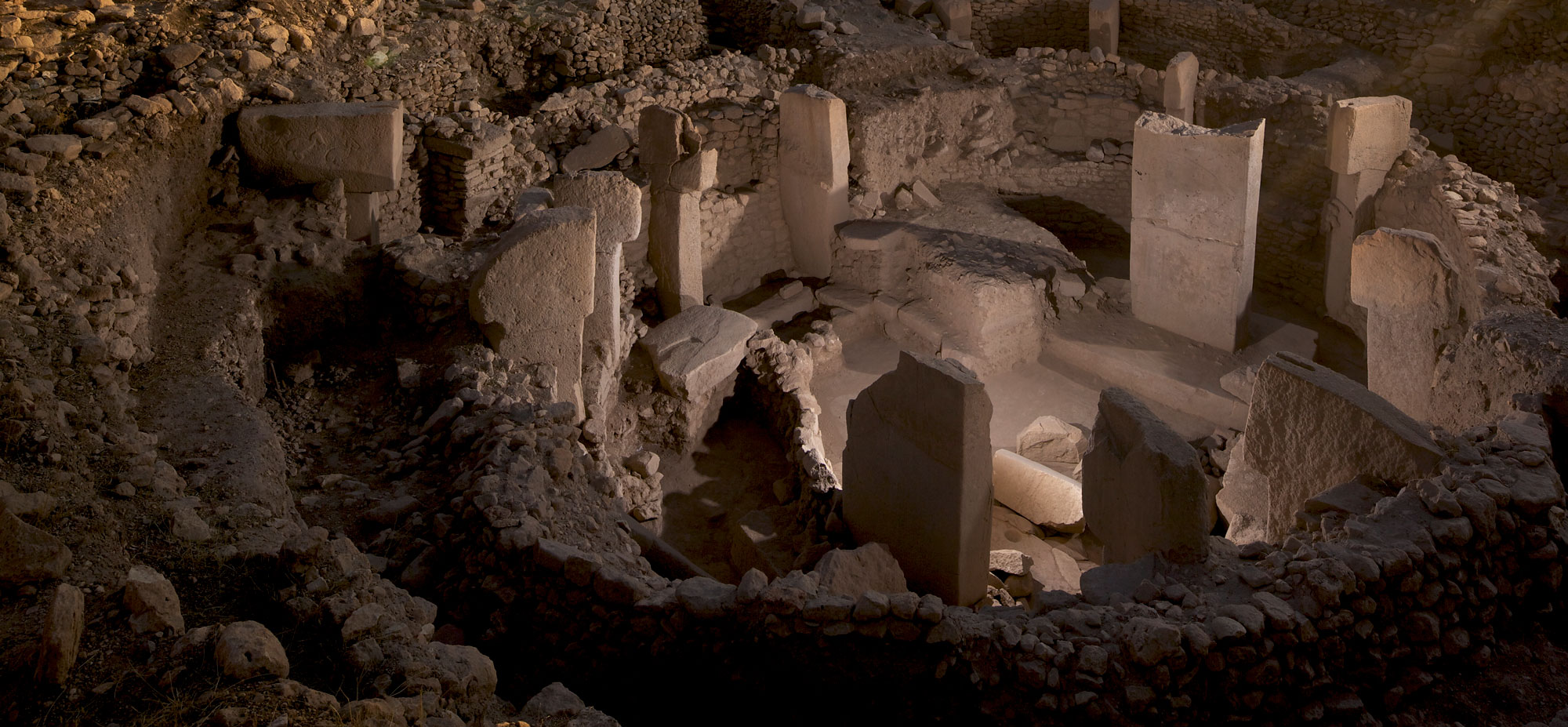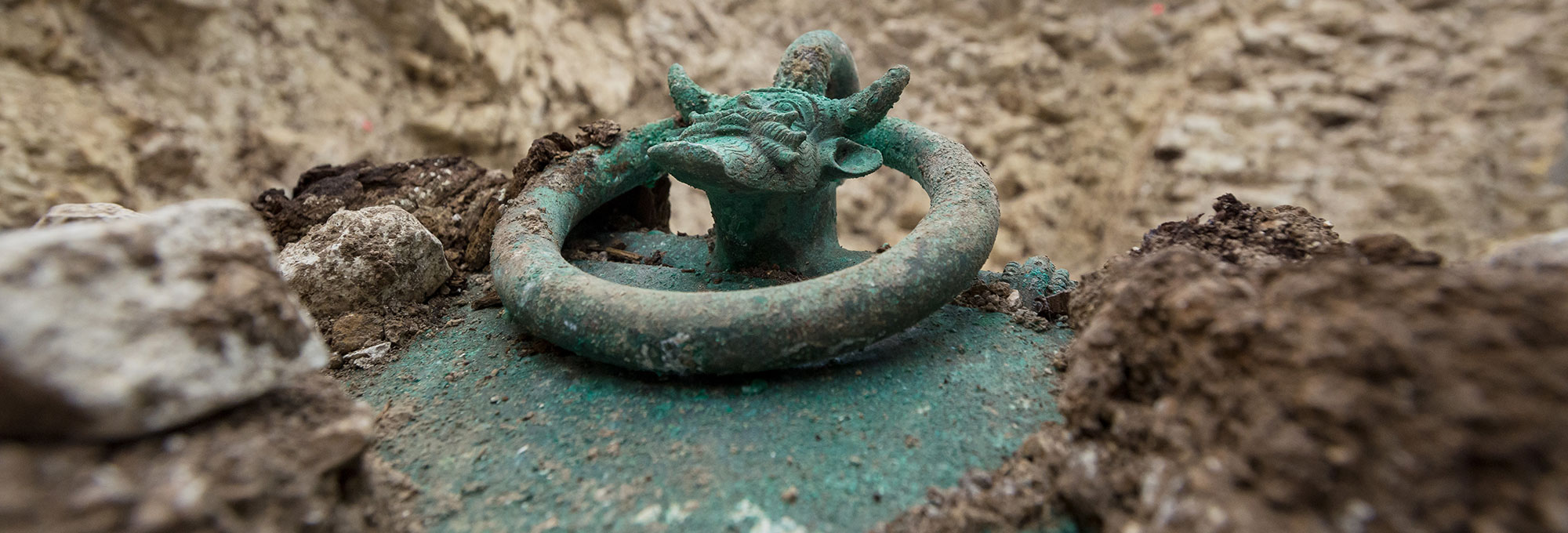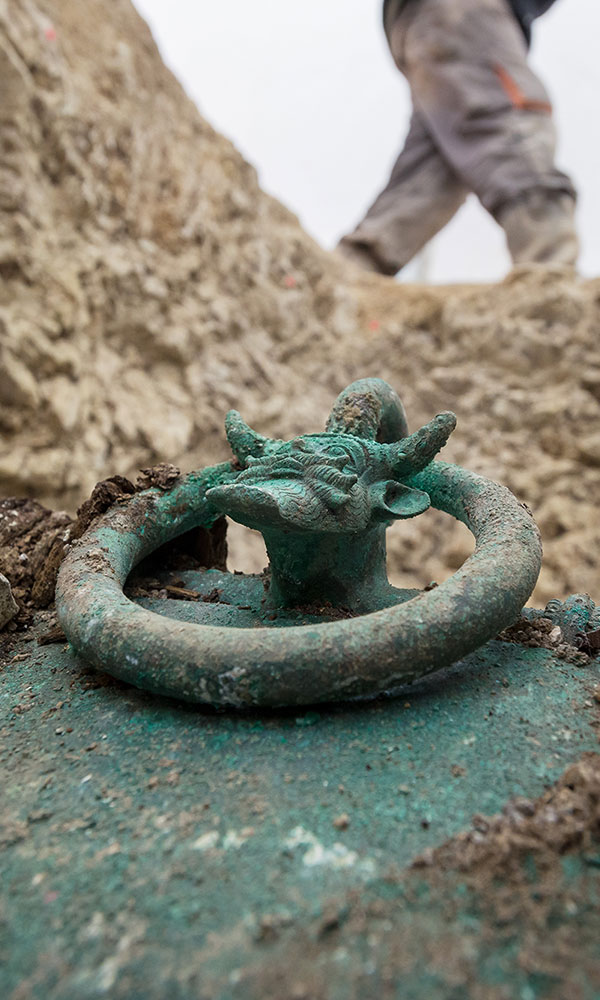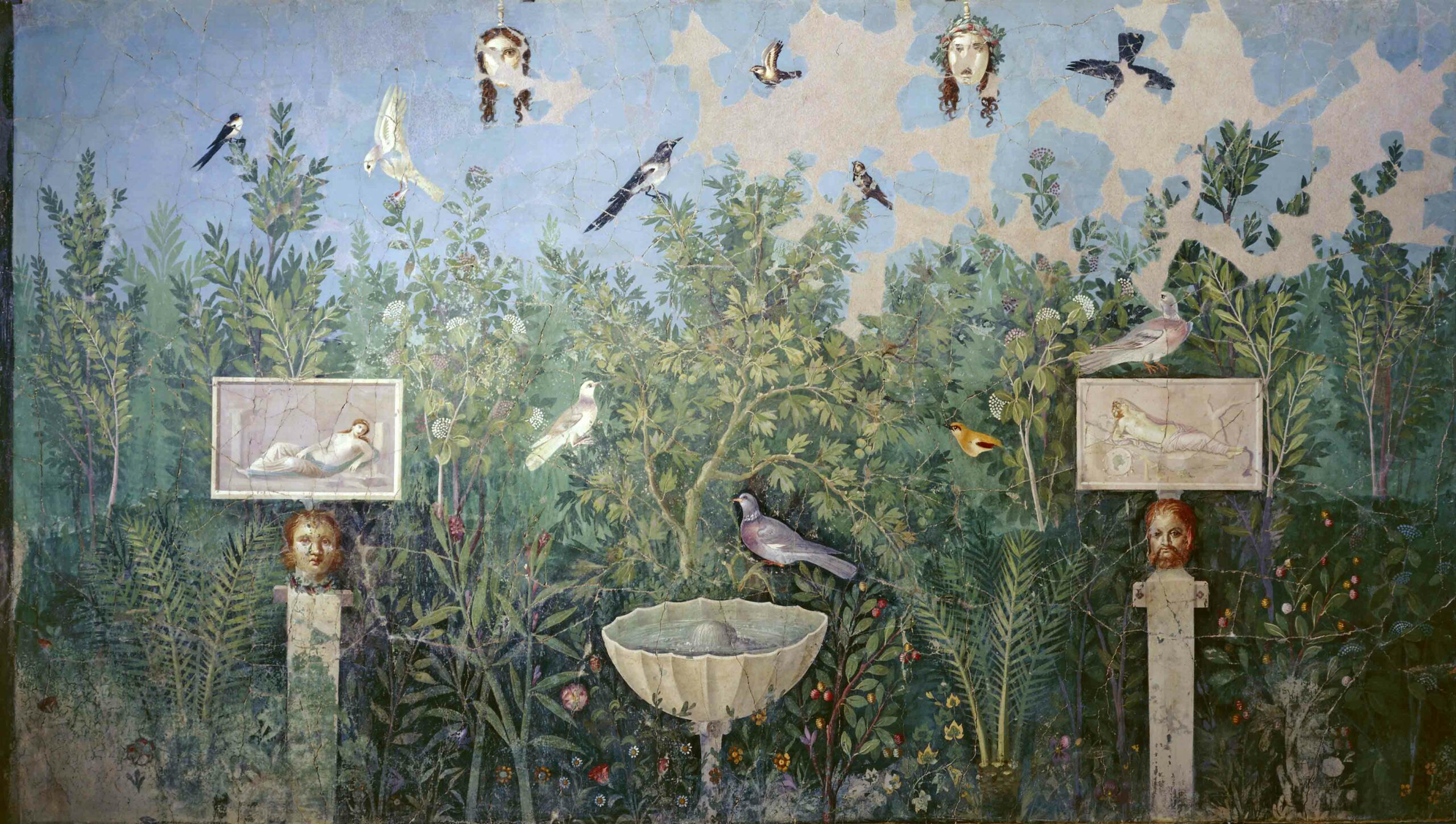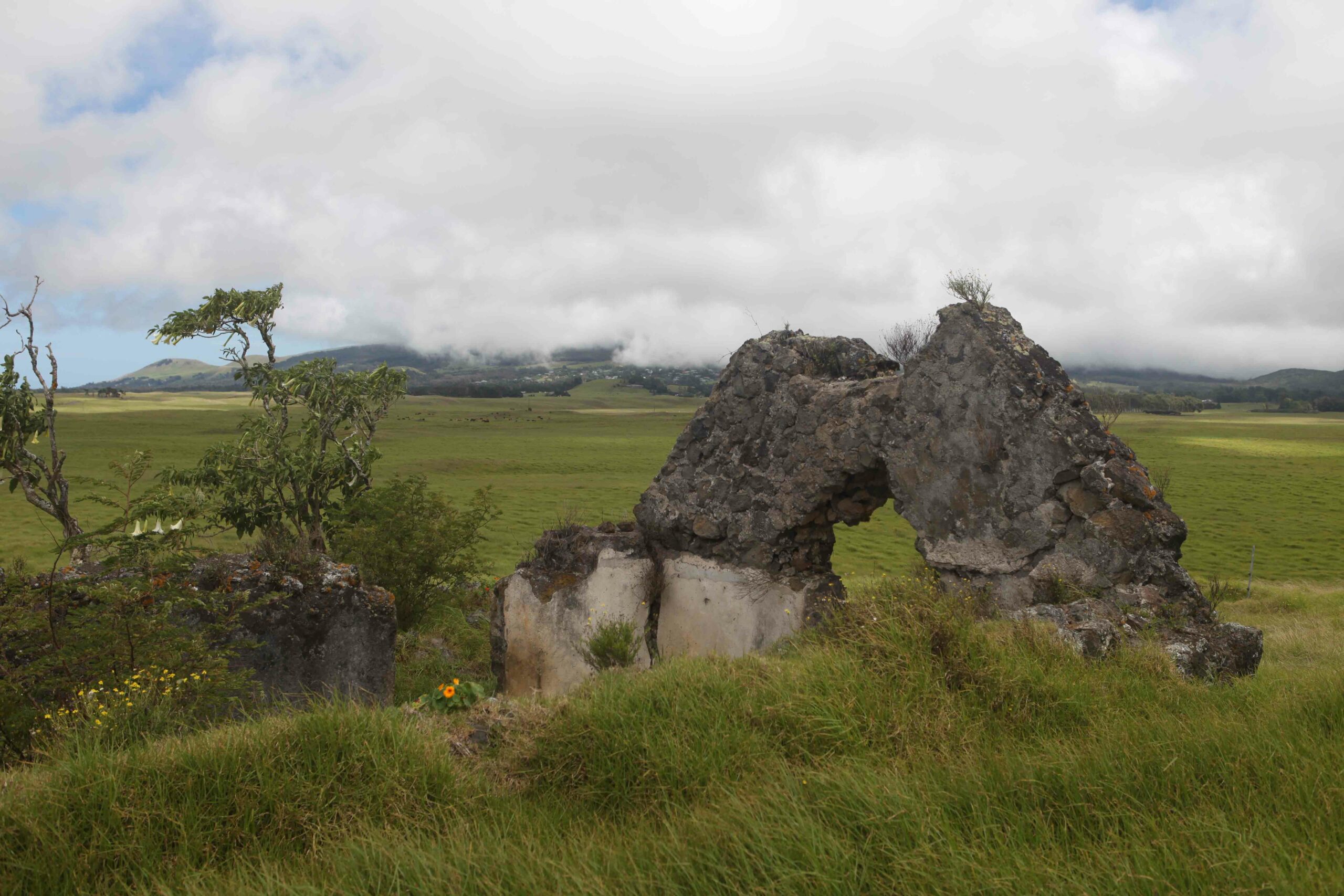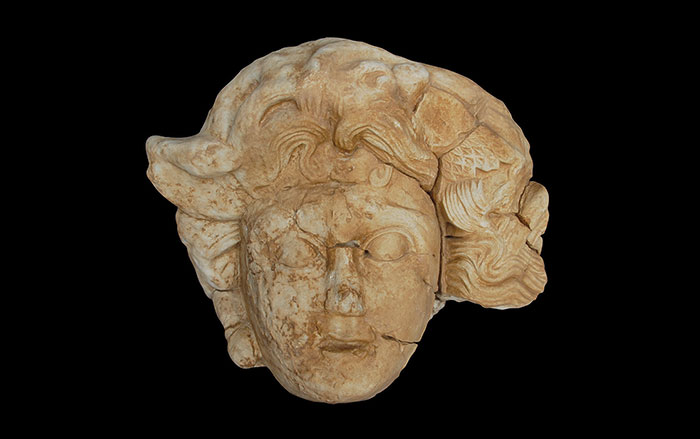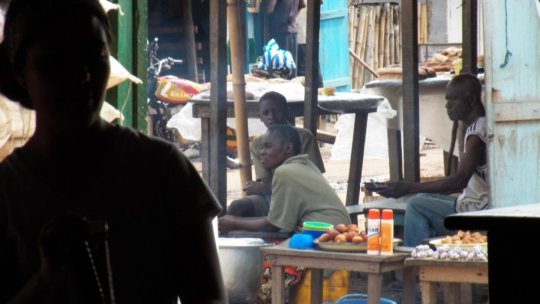
LA JOLLA, CALIFORNIA—Hunter-gatherers are known to have a more diverse gut microbiome than those who live in western-style industrialized societies. Microbial ecologist Andres Gomez of the J. Craig Venter Institute was studying the gut microbiomes of wild gorillas with the help of BaAka gorilla trackers, who live without western influences, when he and his colleagues decided to also collect samples from the BaAka, and from the Bantu community of the Central African Republic. The Bantu community is a traditional agriculturalist group that has incorporated some westernized lifestyle practices, such as the use of some flour-like products, domestic goat meat, antibiotics, and other therapeutic drugs. The researchers found that the Bantu gut microbiome is in an intermediate state between the microbiomes of the BaAka hunter-gatherers and western industrialized societies. “The BaAka microbiome is more similar to that of wild primates than it is to western humans,” Gomez said in a press release. The differences in the bacteria are involved in processing carbohydrates and foreign substances. “The study supports the idea that diet is the most important driver of microbiome composition in humans,” he explained. To read about hunter-gatherers in South America, go to "The Desert and the Dead."


